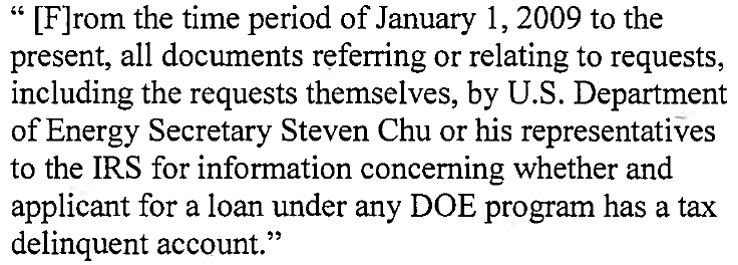Read the full story: Washington Examiner
The fact that Chaffetz has expressed a willingness to work with the committee’s top Democrat, Maryland Rep. Elijah Cummings, is a “refreshing” sign that the committee could pass key legislation, said Daniel Epstein, executive director of Cause of Action.
Epstein told the Washington Examiner Chaffetz has staffed the committee with a “dynamite” investigative team, highlighting the appointments of deputy staff director Rachel Weaver and general counsel Andrew Dockham.
“Staffers are key to whether you get effective oversight,” Epstein said.



